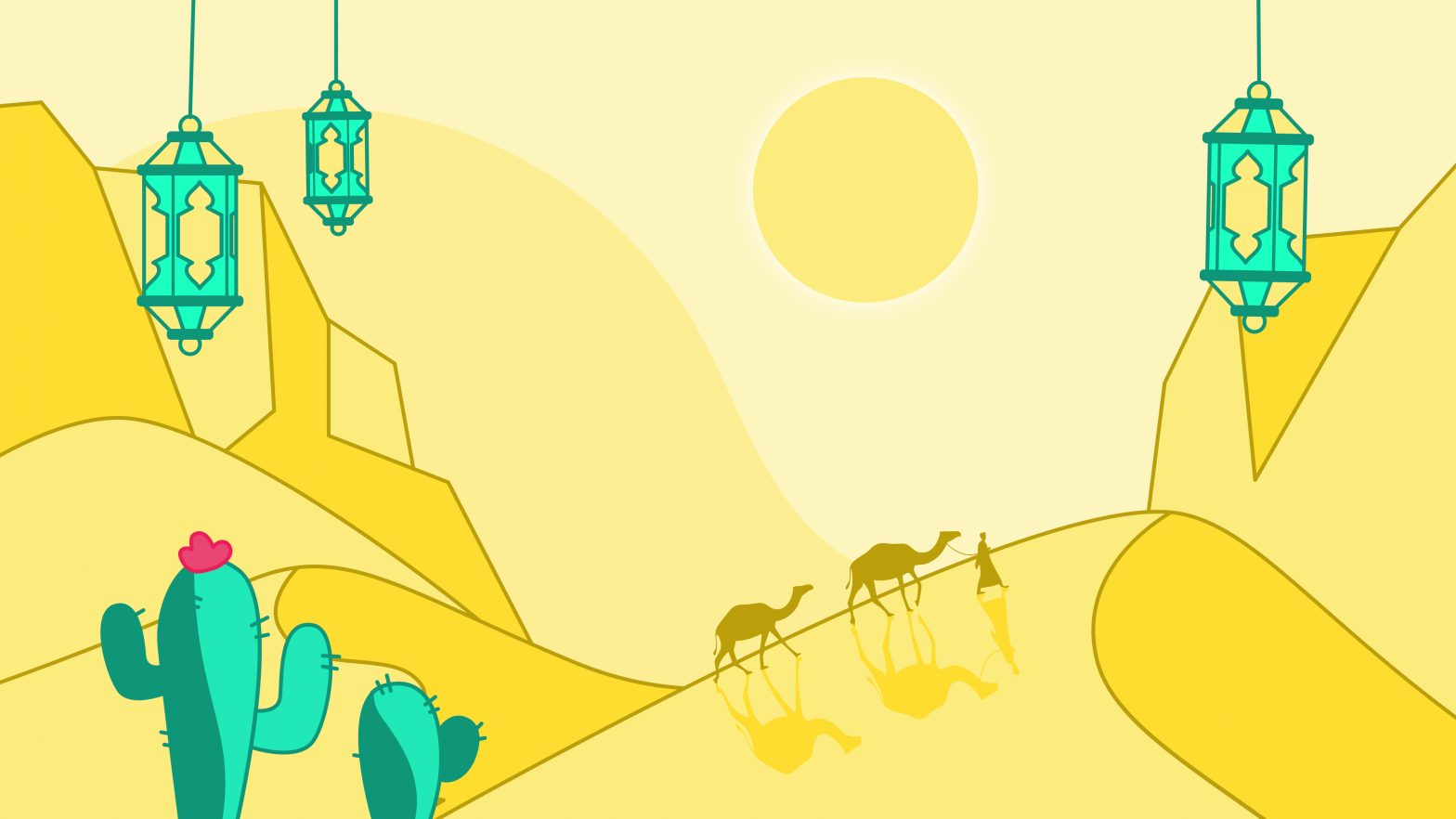The business lessons from Islam’s Hijrah
Every year during Awal Muharam, Muslims around the world commemorate Hijrah – Prophet Muhammad’s SAW migration from Mecca to Medina as a spiritual turning point, and the turn of a new year in the Islamic calendar. But, beneath the surface, the historic event was also a masterclass in strategic leadership, risk management, and visionary planning, offering lessons that transcend time, especially for businesses and startups.
The Hijrah to Medina was not just an escape; it was a calculated pivot that transformed a persecuted community into a thriving civilisation. Here are five powerful business lessons we can take from one of history’s most successful pivots.
1. The art of strategic exit
In the early years of Islam, the Muslim community in Mecca faced impossible conditions – economic boycotts, social ostracisation, and even violent prosecutions. Prophet Muhammad SAW did not wait for their complete collapse before making his move. When leaders from Yathrib (later renamed Medina) offered an alliance, he recognised it as the breakthrough moment and seized the opportunity to migrate the community.
This teaches us a crucial business principle: sometimes, the smartest strategy is to leave a market before it is too late. Uber’s exit from China’s e-hailing market after fierce competition with China’s Didi is an example of this. Uber sold its China business to Didi, and gained USD1 billion investment from its former rival as well as a stake in the Chinese company as part of the business deal.
2. Choosing the right partners
Hijrah was made possible with the emergence of the right partner – the Ansar did not just offer shelter but became true partners in building a new society through the Pledge of Aqabah. The pledge was not merely a promise of protection; it was a strategic alliance that combined resources, network, and, more importantly, a shared vision.
The establishment of the Association of Southeast Asian Nations (ASEAN) is a modern parallel. It not only served the purpose as a platform for reconciliation after Konfrontasi in the 60s, but also as a tool for cooperation in economic, social, and cultural cooperation among the 10 member states. Thus, enabling businesses around the region to flourish.
Today, Malaysia, a founding member, is the Chair of ASEAN, and ASEAN as a whole has grown into the fifth-largest economic bloc in 2024, and is set to become the world’s fourth-largest economy by 2030.
3. Remain adaptable
In Mecca, Islam had been presented primarily as a spiritual message. But in Medina, Rasulullah SAW repositioned it as a complete societal framework. He negotiated and established the Constitution of Medina – a groundbreaking document guaranteeing rights for Muslims, Jews, and pagans alike; focused on justice, security, and social contracts.
Consequently, this makes Islam more appealing to a wider audience. The repositioning and rebranding of Islam was essential for scaling the Islamic cause. The lesson? It is important to recognise and reevaluate when a strategy is not working.
A study found “startups that pivot or rebrand themselves at least once or twice raise 2.5x more money, have 3.6x better user growth, and are 52% less likely to scale prematurely than startups that pivot more than 2 times or not at all.” YouTube was a dating site, Netflix was a DVD rental service, and Slack was an internal communication tool for a company. Adaptability is not just helpful, it’s survival.

4. Risk management and contingency planning
In preparation for Hijrah, Rasulullah SAW exemplified a masterclass in risk mitigation. The Prophet had employed a decoy by having Ali (RA) sleep in his bed to mislead attackers, while he and Abu Bakar (RA) took an unconventional desert route with Abdullah ibn Uraiqit, a trusted guide. They even had a supply chain in place, with Abu Bakar’s daughter, Asma, secretly delivering provisions.
This shows that even the best example of human beings did not simply leave things to fate. Always have a Plan B. Prepare the best to your ability before trusting in Allah SWT.
5. Building scalable systems
Crucially, the Prophet SAW had sent Mus’ab ibn Umair (RA) as his ‘ambassador’ to Medina prior to the Hijrah. Mus’ab (RA) was tasked to teach the believers about Islam and to prepare Medina for the day of the Hijrah.
As a result, once in Medina, the real work began smoothly. Masjid Nabawi was soon built and became the community’s central hub for governance, education, and trade, where market reforms were implemented, and treaties secured stability.
The systemised approach and impactful delegation of tasks from the onset had enabled the community to thrive without micromanagement. It teaches us that sustainable growth requires intentional structure from the beginning.
The Hijrah was not merely an act of retreat, but a calculated move that has transformed a marginalised group into a civilian-shaping force. Spiritually, Awal Muharram reminds us of the sacrifices and hardship our ancestors went through in the name of Islam. But this historic Islamic event also leaves behind timeless lessons for businesses and entrepreneurs.
As a takaful startup, we at Ouch! also feel inspired by these stories and lessons. The Hijrah proves that with the right strategy, even the most challenging transitions can become your greatest opportunity. Salam Maal Hijrah to all Muslims.
May we all take inspiration from this historic event to take our own ‘hijrah’ journey. Or perhaps even a new business endeavour.
Find out more about Pusara Pro by clicking here or download the Ouch! Takaful mobile app from the Google Play Store or Apple App Store today.
Disclaimer: The information in our blog articles and provided by our brand ambassadors/KOLs is for general insights only and not legally binding. We strive for accuracy but cannot guarantee the information’s completeness or reliability. For legal matters, consult official documents or contact an authorised Ouch! representative.
